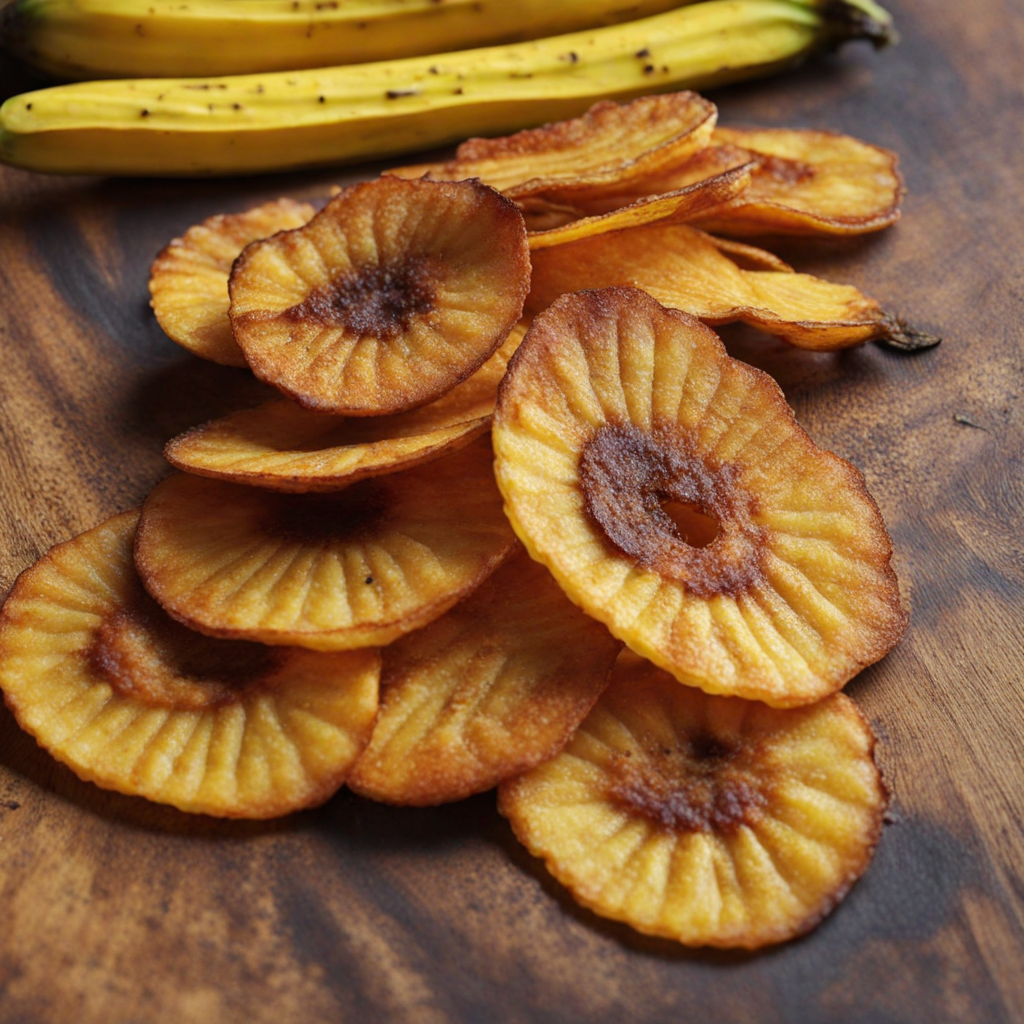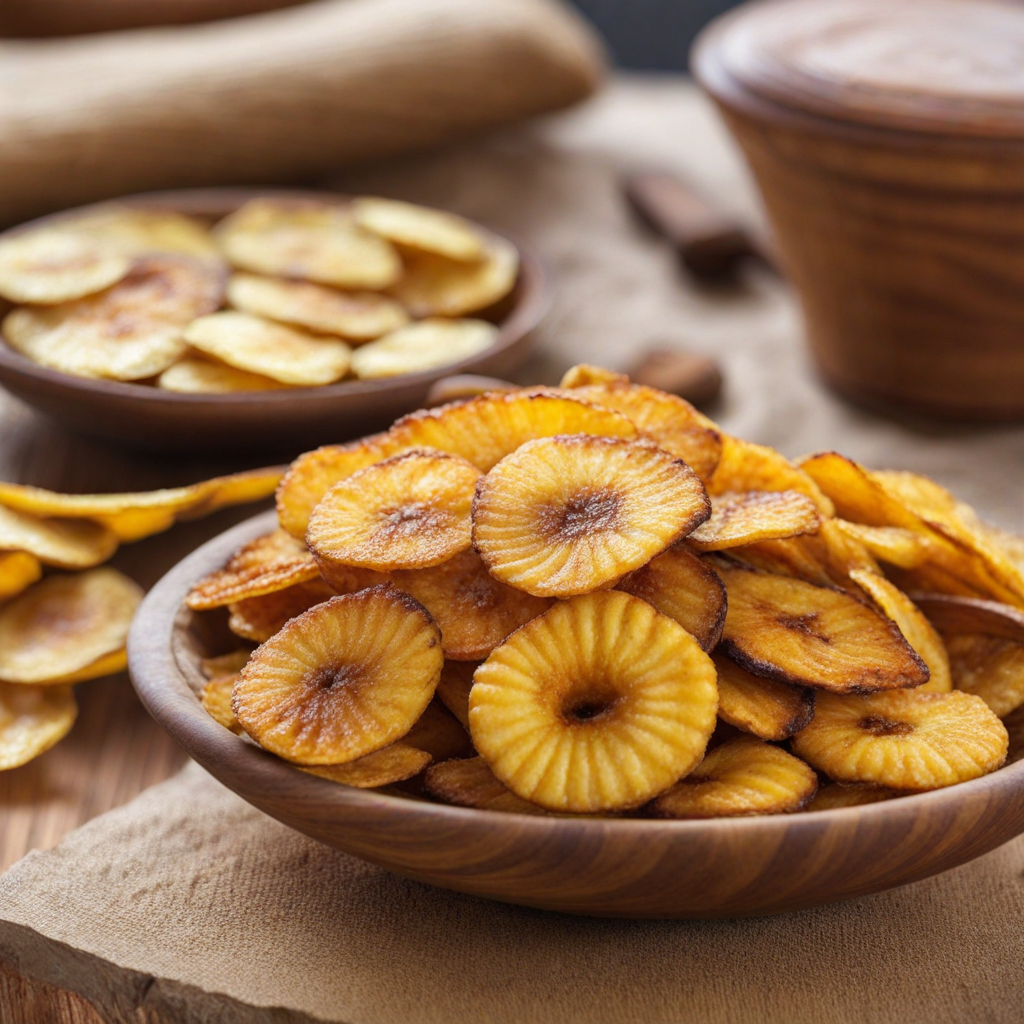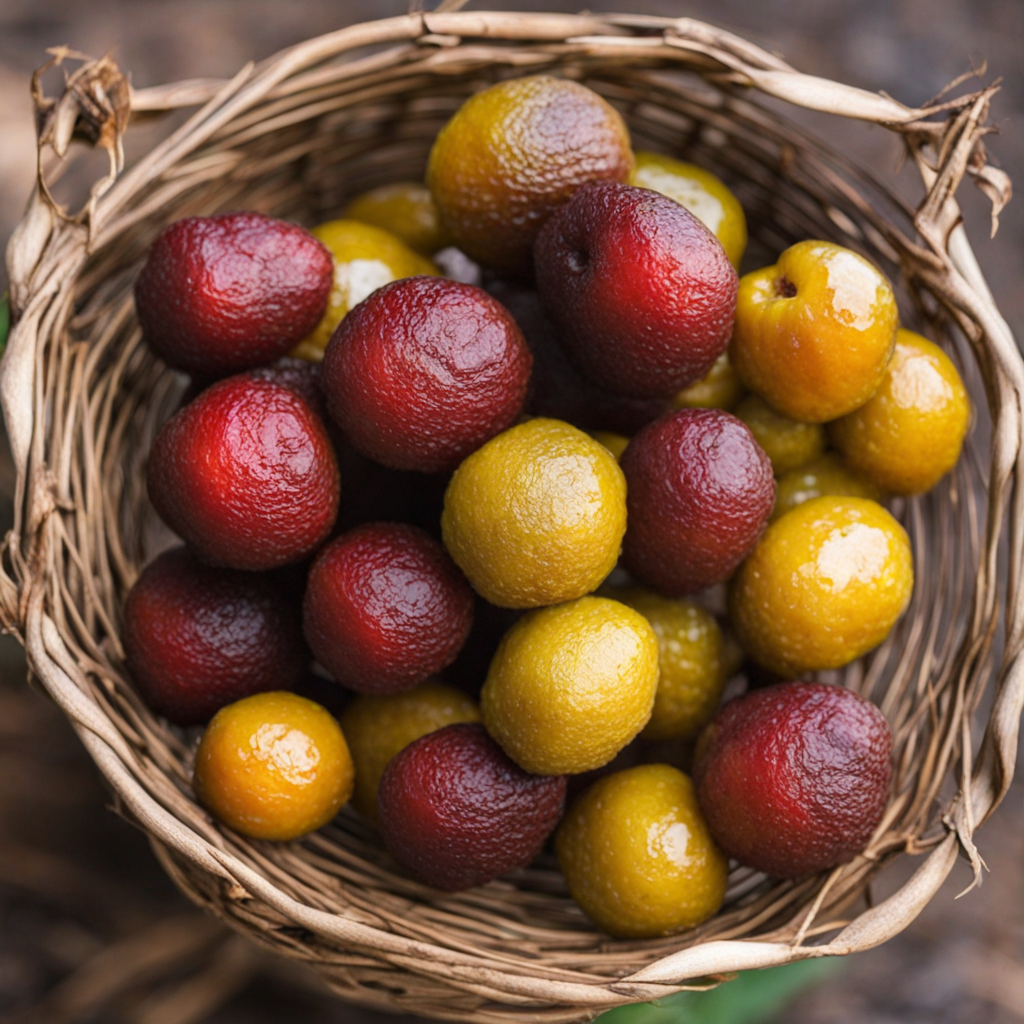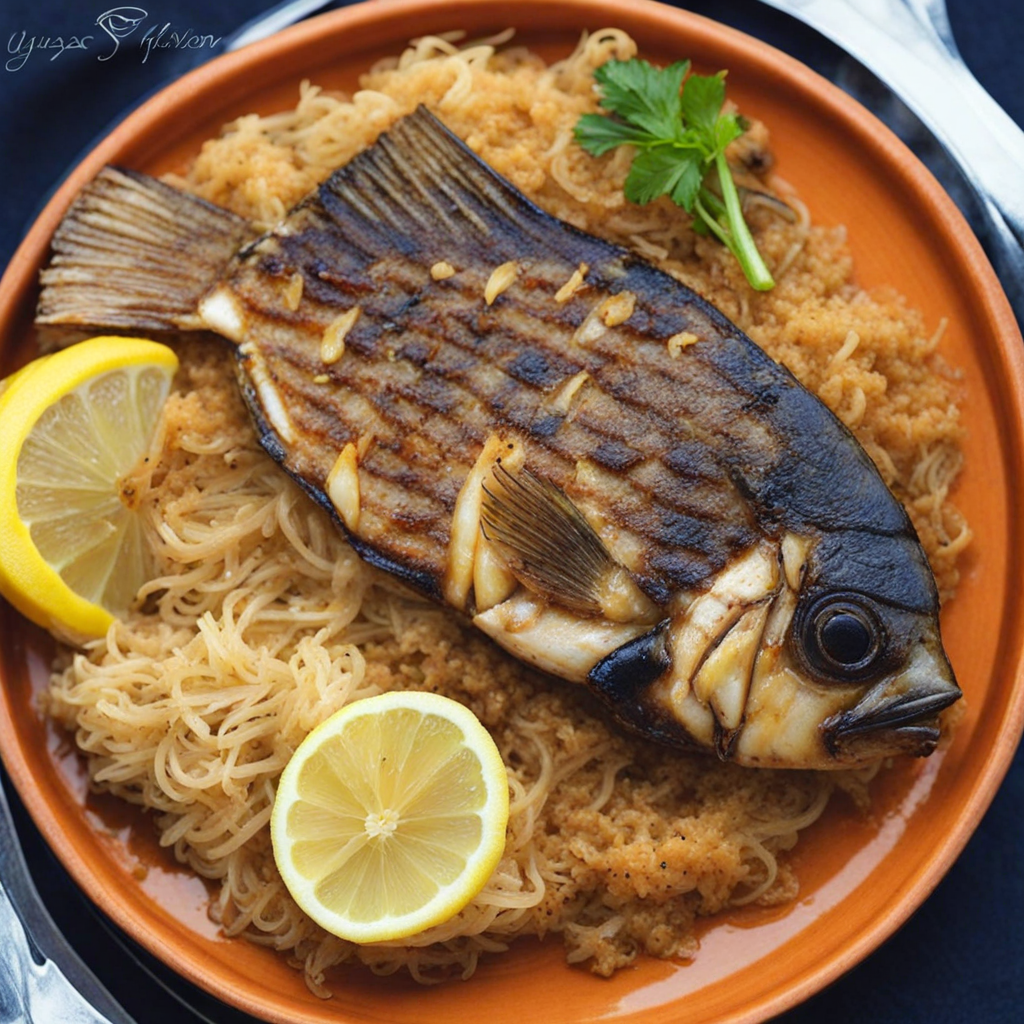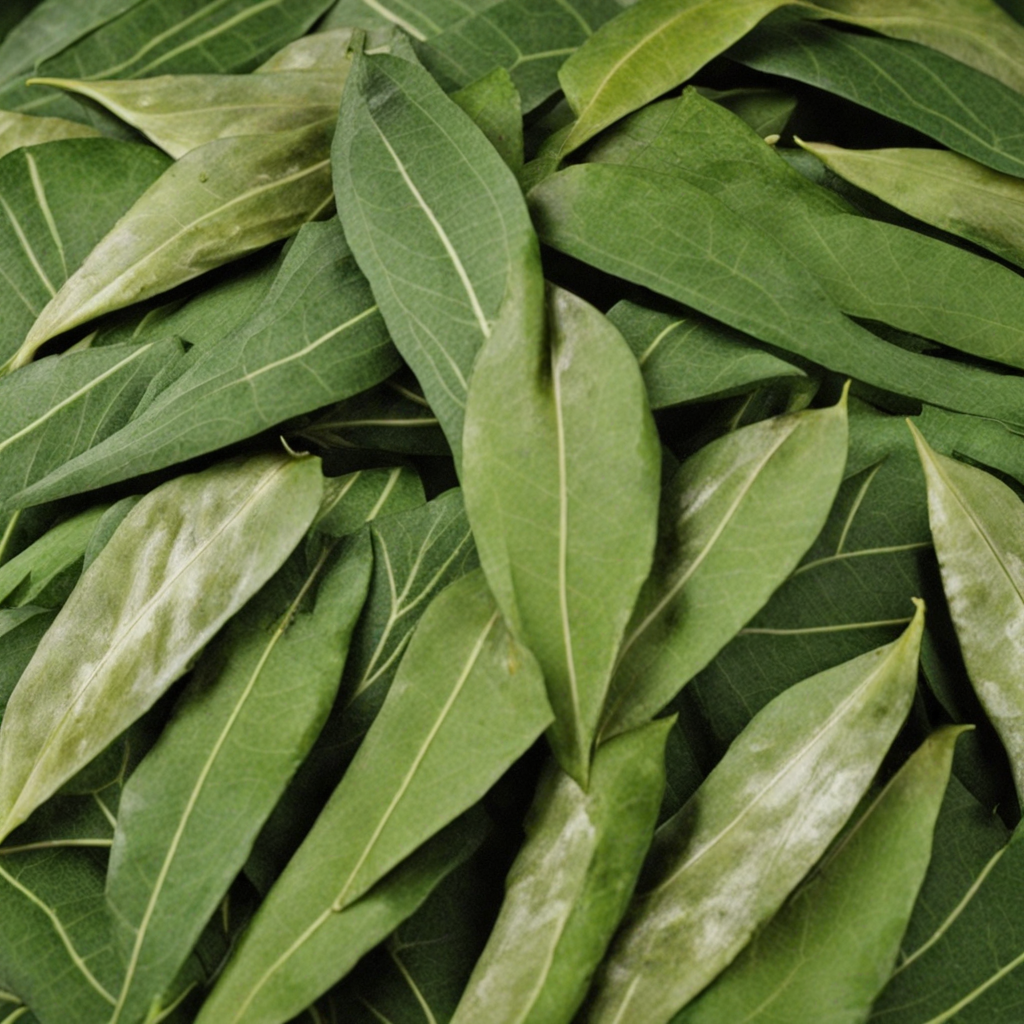Plantain Chips
Plantain chips from Gabon are a delightful snack that captures the essence of the country's rich culinary heritage. Made from ripe green or yellow plantains, these chips undergo a meticulous process of slicing, frying, and seasoning to create a crunchy, flavorful treat. The plantains are sliced thinly, ensuring an even crispiness, and are typically fried in palm oil, which adds a unique depth of flavor and a golden hue. The result is a delicately crispy texture that is both satisfying and addictive, making them perfect for snacking at any time of the day. The flavor profile of Gabonese plantain chips is a harmonious blend of sweet and savory notes. Depending on the ripeness of the plantains used, you may experience a subtle sweetness complemented by a hint of salt or spices. Some variations may include additional seasonings like garlic, chili, or herbs, which enhance the flavor and add an exciting kick. Each bite offers a combination of crunchiness and a burst of flavor that keeps you reaching for more, making them an irresistible snack option for adventurous eaters. Beyond their delightful taste and texture, plantain chips are also a versatile snack that can be enjoyed in various ways. They can be savored on their own or paired with dips such as guacamole, salsa, or a spicy pepper sauce for an extra layer of flavor. These chips make for a fantastic accompaniment to meals, adding a crunchy element that contrasts beautifully with softer dishes. Whether you're exploring Gabonese cuisine or simply looking for a new snack to enjoy, plantain chips promise a delicious experience that will transport your taste buds to the vibrant streets of Gabon.
How It Became This Dish
The History of Chips de Plantain in Gabon #### Origins of Plantains To understand the history and cultural significance of *chips de plantain*, one must first delve into the origins of the plantain itself. Believed to have been domesticated in Southeast Asia around 5000 BC, plantains are a staple food in many tropical regions of the world, including Africa, the Caribbean, and parts of Latin America. The plantain, a starchy banana variety, was introduced to West Africa around the 15th century through the transatlantic trade routes. The fertile lands of Gabon, bordered by the Atlantic Ocean and rich in biodiversity, provided an ideal environment for cultivating this versatile crop. In Gabon, the local population quickly adopted plantains into their diets, where they became a fundamental ingredient in many traditional dishes. This adaptability made plantains a primary agricultural product, as they thrived in the humid climate and were resistant to pests. Over time, local farmers learned to cultivate various types of plantains, leading to the development of distinct culinary practices surrounding this cherished fruit. #### Cultural Significance In Gabonese culture, food is more than sustenance; it is a vital component of social life and community bonding. Plantains, in their numerous forms, play an integral role in traditional ceremonies, festivals, and daily meals. They symbolize nourishment, hospitality, and abundance. The importance of plantains is reflected in various regional dishes, such as *fufu* (a starchy side dish), *moambe* (a rich sauce), and *sauce d'arachide* (peanut sauce), all of which highlight the plantain’s versatility. *Chips de plantain*—thinly sliced and fried plantain chips—emerged as a popular snack food and culinary delight over time. The process of transforming plantains into chips likely arose from the need for preservation and the desire for convenient, portable foods. As Gabon experienced urbanization and globalization in the late 20th century, *chips de plantain* became an appealing option for busy lifestyles, providing both taste and nutritional value. #### Culinary Development The traditional preparation of *chips de plantain* involves selecting the right type of plantain, typically the green variety, which is firmer and less sweet than ripe plantains. The unripe plantains are peeled, sliced thinly, and then deep-fried until crispy. The frying process caramelizes the sugars in the plantain, creating a delightful contrast between the savory crunch and the natural sweetness. As Gabonese cuisine faced influences from both neighboring countries and global trends, *chips de plantain* began to evolve. Variations emerged, with some regions adding spices or herbs to the frying oil, infusing the chips with unique flavors. The introduction of seasonings like chili powder, garlic, or even local spices enriched the taste profiles of the chips, making them a versatile snack that could stand alone or accompany various dips and sauces. In urban areas, *chips de plantain* became an essential street food, sold by vendors at markets and roadside stalls. The vibrant colors and enticing aromas attracted locals and tourists alike, quickly establishing *chips de plantain* as a symbol of Gabonese culinary culture. This accessibility made it a beloved treat, enjoyed by people from all walks of life. #### Globalization and Modernization As Gabon entered the 21st century, globalization brought about significant changes in the country’s culinary landscape. With the rise of social media and food blogs, traditional dishes like *chips de plantain* garnered international attention. The growing demand for plant-based snacks in the global market opened doors for Gabonese cuisine, allowing *chips de plantain* to find its way into international grocery stores and specialty food shops. Health-conscious consumers, in particular, embraced *chips de plantain*, recognizing them as a gluten-free alternative to traditional potato chips. Their nutritional value, rich in vitamins A and C, potassium, and dietary fiber, made them an appealing choice. This shift in perception helped to elevate *chips de plantain* from a local delicacy to a trendy snack on the global stage. Restaurants and cafes across Gabon began to incorporate *chips de plantain* into their menus, often serving them as an appetizer or side dish alongside traditional meals or modern fusion cuisine. Chefs experimented with different cooking methods, including baking and air-frying, to cater to health trends without compromising flavor. The result was a renewed appreciation for this humble snack, showcasing its ability to adapt to contemporary tastes while retaining its cultural roots. #### Conclusion: The Legacy of Chips de Plantain Today, *chips de plantain* stand as a testament to Gabon's rich culinary heritage and the resilience of its people. They encapsulate the journey of the plantain from its introduction in West Africa to its current status as a beloved snack enjoyed worldwide. The enduring popularity of *chips de plantain* speaks to the broader narrative of globalization, where traditional foods find new life and relevance in an ever-changing world. As Gabon continues to embrace its cultural identity amidst modernization, *chips de plantain* remain a beloved symbol of community, tradition, and innovation. They serve as a reminder of the importance of preserving culinary heritage while adapting to new circumstances. With each crispy chip, one can taste the history of the land, the labor of its farmers, and the rich tapestry of Gabonese culture, making *chips de plantain* not just a snack, but a flavorful journey through time.
You may like
Discover local flavors from Gabon


